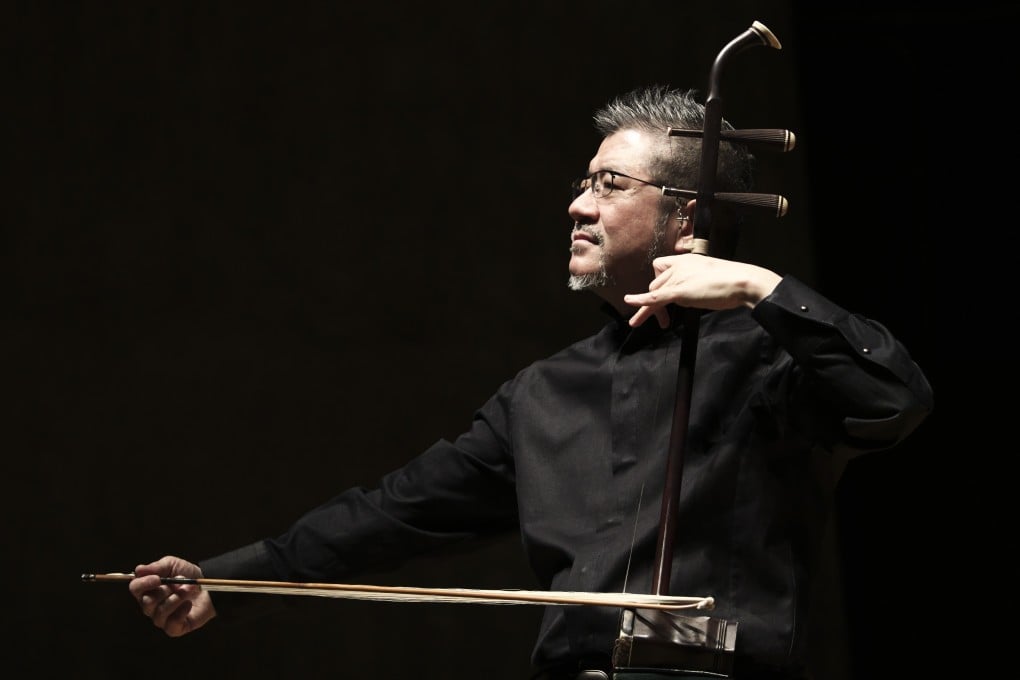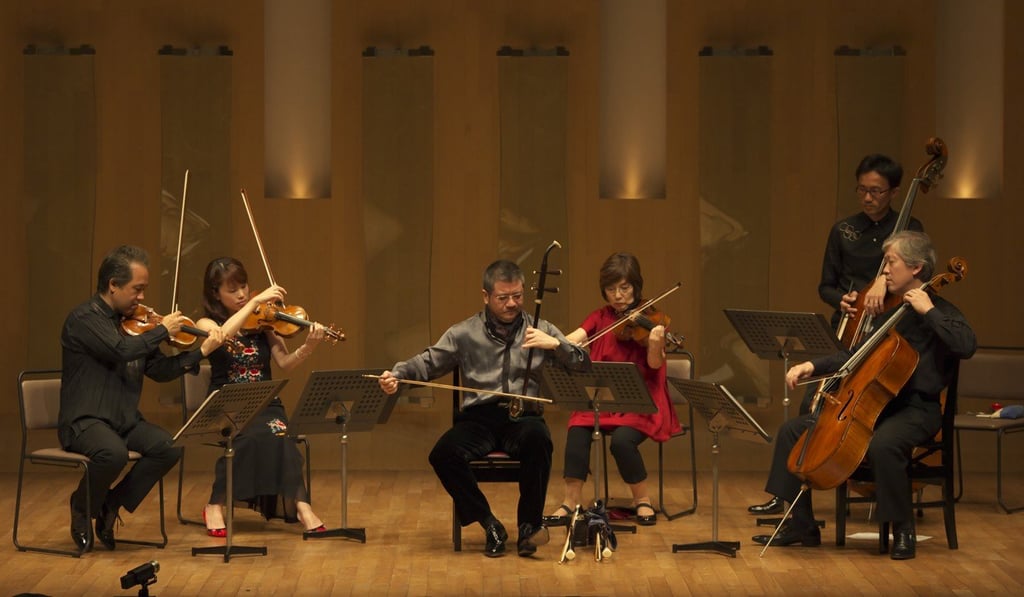How Xu Ke – China’s revolutionary ‘Paganini of erhu’ – reimagined East-meets-West classical music
- Virtuoso, who transformed instrument’s repertoire, will perform at Hong Kong’s winter concerts blending international musical styles and techniques
- Russia group Izumrud’s mix of folk and pop, Ensemble SU, fusing Korean and Western instruments, and Hong Kong a cappella group, Boonfaysau, also feature

As people become more familiar with different music styles from around the world, musicians are increasingly looking to appeal to these multilingual audiences with surprising blends of styles and contemporary reinterpretations of traditional classics.
Chinese musical virtuoso Xu Ke – described as the “Paganini of the erhu world” – is known for revolutionising the erhu.
“I started learning to play the erhu when I was six,” says Xu, who will play in Hong Kong in December. “I was a fan of Peking opera and jing erhu was the first instrument I studied during the Cultural Revolution.”
Xu gained his music degree at the Central Conservatory of Music in Beijing in 1982 after studying under erhu master Yusong Lan.
He became the first erhu player in the China National Traditional Orchestra a year later and was dubbed an erhu genius in 1987 when he made his sensational debut as a soloist in the Beijing Concert Hall.
Yet the following year proved a turning point in his career. “Unfortunately, both erhu and Chinese folk music was, and is, unknown to many people,” says Xu, who now lives in Tokyo, Japan.

“When I first performed erhu to a Japanese audience in 1988, the feedback disappointed me. Perhaps it was partially due to a culture gap, but I also realised that this ancient instrument needed some improvement.”
